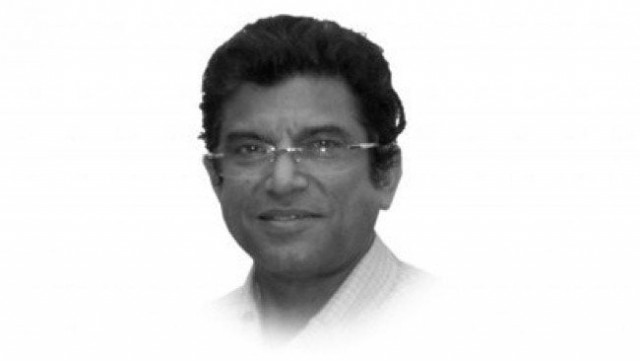The reason we hate America

In 1975, the sale of arms to Pakistan was renewed. By then Pakistan had initiated its nuclear programme. In 1976 the Symington Amendment was approved, which recommended a ban on military assistance to countries acquiring nuclear enrichment technology and in April 1979 the US cut off economic assistance to Pakistan, except food assistance. Soviet forces invaded Afghanistan in 1979 and in 1981 Pakistan and the US agreed on a $3.2 billion military and economic assistance programme. With US assistance, the ISI armed and trained the mujahideen. During this period the PPP and leftist parties were against US policies of supporting a dictator and interfering in Afghanistan, whilst right-wing political parties and much of the print media supported the US.
The Soviets withdrew from Afghanistan in February 1989. In 1990 the US suspended all aid to Pakistan under the Pressler Amendment, which also required the Pakistani president to certify annually that Pakistan "does not possess a nuclear explosive device”. Feelings about the US being an unreliable ally were reinforced. Pakistan's nuclear explosion in 1998 brought Pak-US relations to its lowest ebb with provision of credit, military sales and loans suspended. The October 1999 overthrow of the democratically elected government by General Musharraf triggered additional sanctions, perceived by many Pakistanis as a tilt by the US in favour of India.
Pakistan became a frontline state in the war on terror. In return for the support, sanctions were lifted and the US officially wrote off a debt of $1 billion. President Bush designated Pakistan as a major non-Nato ally, making it eligible, among other things, to purchase advanced American military technology. In the coming years, the US expects to spend more than $1.5 billion a year, as authorised by the Kerry-Lugar bill.
The US is clearly the largest source of bilateral aid to Pakistan. Why then do most Pakistanis hate America? As shown above, Pakistanis perceive the US as an unreliable ally. Also, whilst the US preaches democracy it has always supported dictators. Pakistanis doubt US intentions regarding their nuclear assets. Another reason is that Muslims tend to blame other powers for the failure of their states and these are coupled with the fact that Muslims do not view US support of Israel favourably.
Published in The Express Tribune, July 23rd, 2010.














COMMENTS
Comments are moderated and generally will be posted if they are on-topic and not abusive.
For more information, please see our Comments FAQ